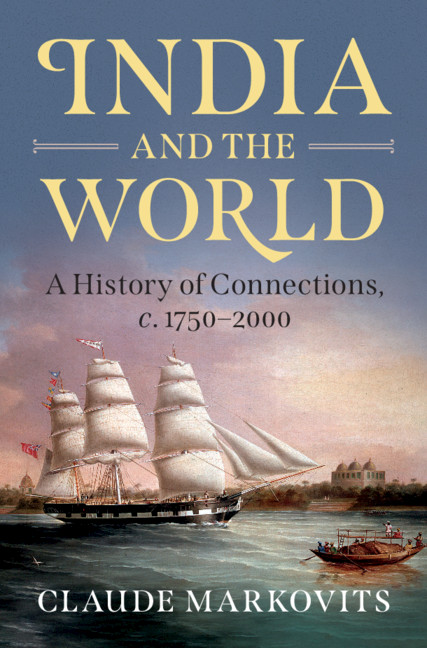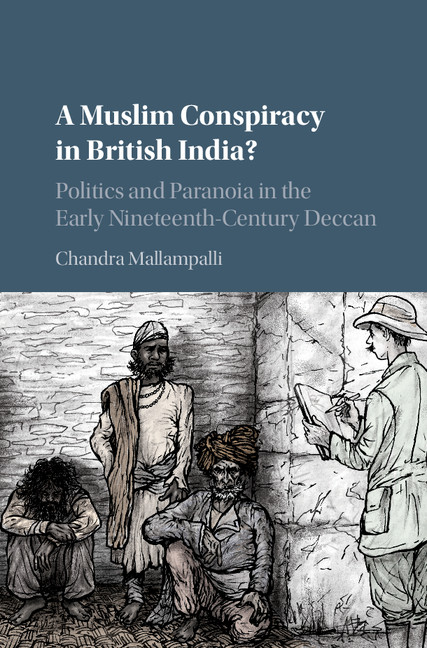Film City Urbanism in India
The book is about the reciprocal relationship between cinema and the city as two institutions which co-constitute each other while fashioning the socio-political currents of the region. It interrogates imperial, postcolonial, socio-cultural, and economic imprints as captured, introduced, and left behind by politics of cinema, in the site of Hyderabad. It traverses through the makings and remakings of Hyderabad as princely city, linguistic capital city, and global city, studied through capital, labour, and organization of the film industry. It brings together diverse, and rich historical material to narrate the social history of Hyderabad, over a hundred years.
- Images, maps and figures capturing the city and cinema in Hyderabad
- Rich historical material narrating the social history of Hyderabad
Reviews & endorsements
‘Congratulations to Yamini Krishna for breaking such new ground. The great city of Hyderabad has been one of India’s film metropolises for much more than a century, and here is a resourcefully researched and evocatively written book that shows us ‘how the city and cinema co-constitute each other’. Film City Urbanism is not only ‘the story of a place’, its histories and its screens, but also an interdisciplinary tour de force that reshapes film and cultural studies, both Indian and international.’ Thomas Waugh, author of The Conscience of Cinema: The Works of Joris Ivens 1912–1989
‘Shifting the focus from Bombay to Hyderabad, Krishna explores how the Telugu film industry’s migration and expansion shaped the region’s spatial and political landscape. Through rich archival research and incisive theory, the book reveals how cinema functioned as cultural production, urban infrastructure, and speculative capital. From princely Hyderabad to Ramoji Film City, this work redefines the relationship between media and city-making – an essential read for scholars of film, urbanism, and South Asian modernity.’ Swarnavel Eswaran, author of Madras Studios. Narrative, Genre, and Ideology in Tamil Cinema
‘An immense contribution to scholarship, this is also a pacy story of modernity through the coming of film to Hyderabad. It narrates the role of cinema in ‘being modern’ in the princely state and in modernizing urban space. In proposing that film remakes the city and the city remakes cinema, it is a book about remaking, specifically, historiography in South Asia; princely archives, oral history, and observational ethnography speak back to scholarship’s traditional focus on film production and ‘centres’ in British India. A landmark text, it will provide general readers, film scholars, historians, urbanists, and students with new ways of seeing and ‘doing’ Indian film history.' Aileen Blaney, co-editor of Photography in India: From Archives to Contemporary Practice
‘Film City Urbanism adeptly combines two burgeoning fields – South Asian urban history and a New Cinema History oriented to social and material questions. Krishna demonstrates the mutual constitution of city and cinema – not in the familiar mode of scene analysis, but by examining film as industry. Setting the study in Hyderabad, capital of a Muslim-ruled state until its 1948 incorporation into India, allows Krishna to highlight the city’s integration through film infrastructure into imperial, regional, national, and global circuits. Grounded in a distinctive South Asian city, Krishna’s book brings into focus globally salient questions of citizenship and language politics, labour and migration, spectacular capitalism and tourism.’ Eric Beverley, author of Hyderabad, British India, and the World: Muslim Networks and Minor Sovereignty, c. 1850–1950
Product details
November 2025Hardback
9781009583824
250 pages
228 × 152 mm
Not yet published - available from November 2025
Table of Contents
- Dedication
- Acknowledgements
- Introduction
- 1. City, Cinema, World
- 2. The Making of Modern Hyderabad
- 3. In transition
- 4. Capital and Labour
- 5. City and capital
- 6. Film City
- Epilogue.









